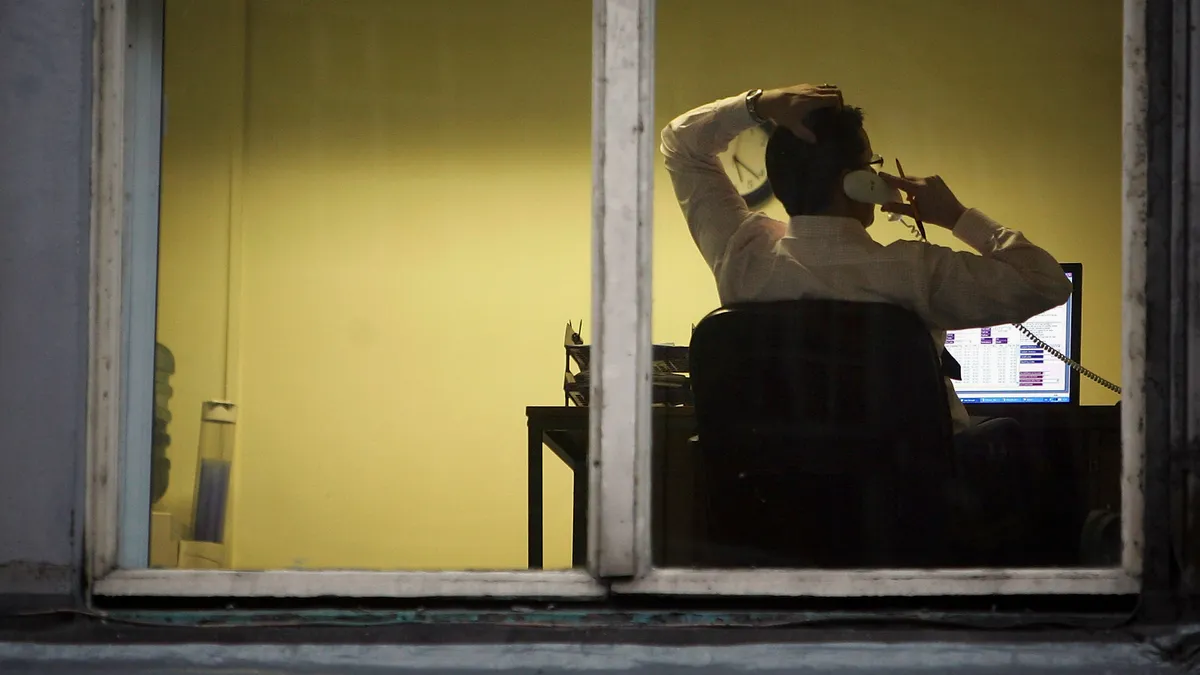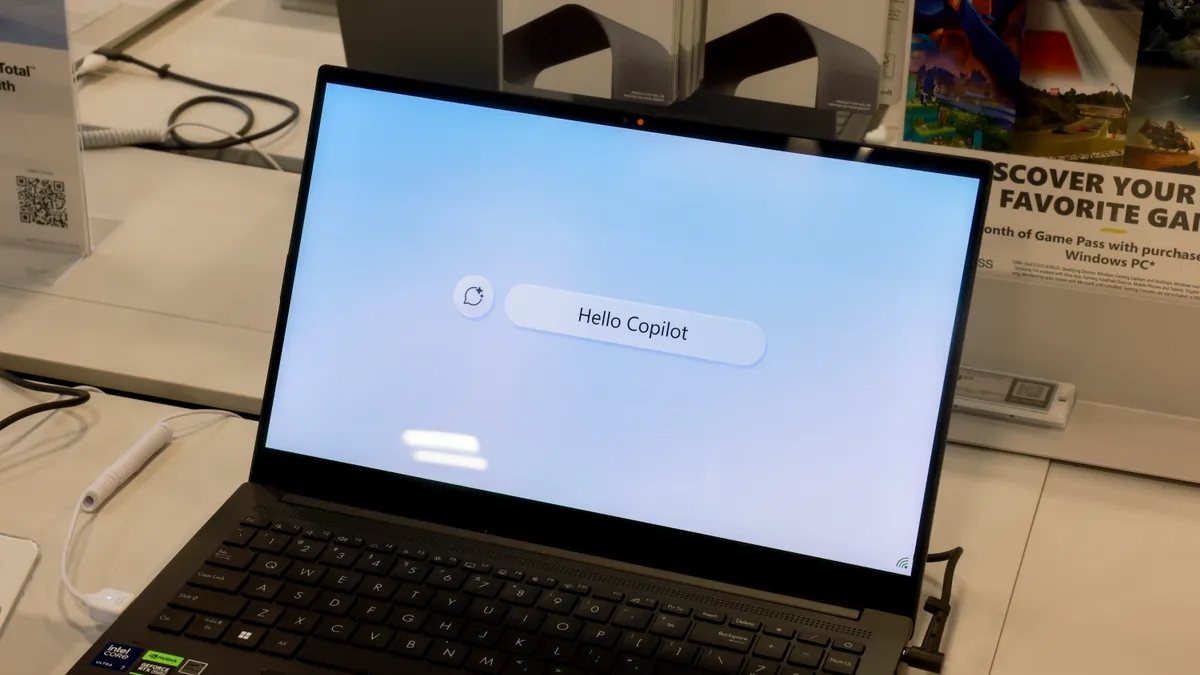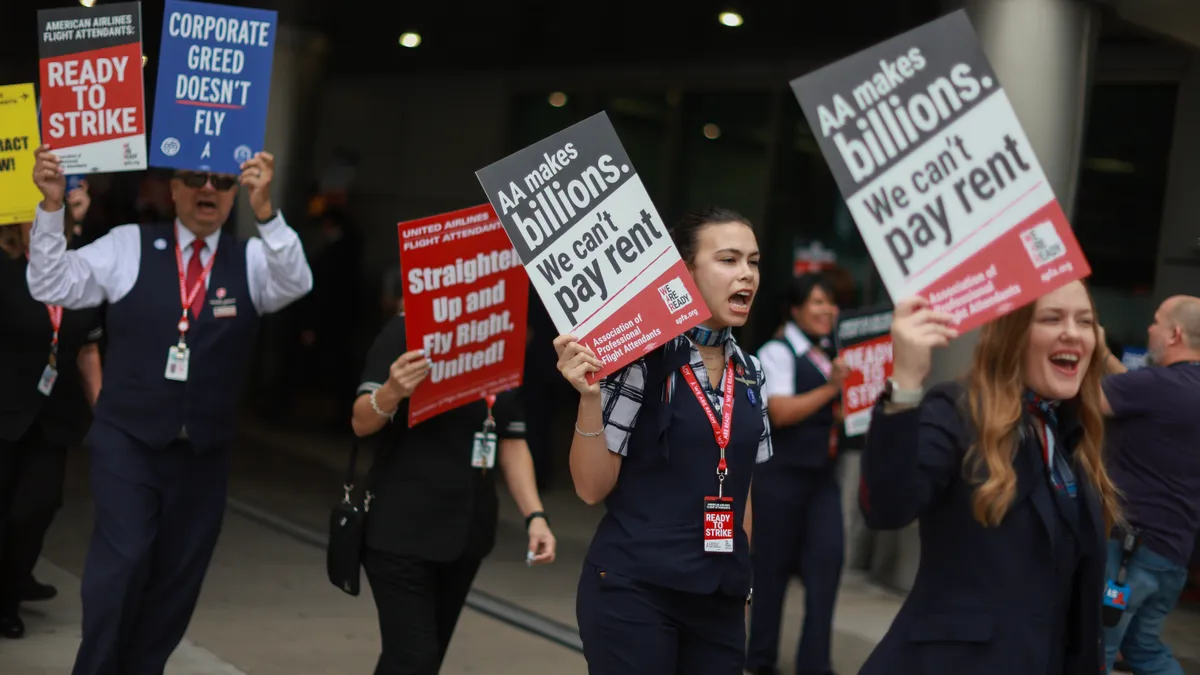Suzy Walther is chief people officer at Carta. Views are author's own.
I spent most of my career working for an employer that gave me a bank of "paid time off," or PTO. About 20 days a year. I had to use them or lose them. And use them I did. I used every last one of them to manage the day-to-day of family life — sick days and sick kids, doctor's appointments, recitals, parent-teacher conferences, and visits with my aging parents.
If there was anything left over, I used my remaining PTO for a desperately needed vacation that never felt long enough. In the end, my bank of PTO days left me with a feeling of sacrifice rather than excitement. As I watched it tick down each year, I felt like I was always giving something up in my personal life as a working parent. I never had enough time off to do what I needed and wanted to do — and I resented it.
When Carta CEO Henry Ward made me an offer to join his company as chief people officer, I noticed a similar PTO bank on my offer letter. I asked him about his logic and explained my feelings about PTO. He asked me to make an antiquated policy better. And that's what I did. But landing on the right approach wasn't as easy as it sounded.
At first, I thought we should move to an unlimited PTO model. Lots of companies had started to implement it, hoping to recruit top talent and decrease employee burnout: From May 2015 to May 2019, postings for jobs with unlimited paid time off in the U.S. rose a mind-boggling 178%.
But unlimited PTO isn't doing what it was designed to do; namely, encourage employees to take time off. According to one study, people who have unlimited vacation actually take less vacation than people with traditional vacation benefits. That's not good. Not for employers. Not for employees. Not for our bottom line. We need people to be able to do great work sustainably. That's only possible if we're taking time off and creating a culture where unplugging is the norm, not the exception.
So when I set out to revise our paid time off policy, I knew from experience that traditional paid time off wasn't enough. But I also knew that unlimited time off wouldn't work for us either.
In place of traditional paid time off and unlimited paid time off, Carta implemented minimum time off (MTO). We require our people to take a minimum of 15 days off. Beyond that, vacation time is still unlimited — and encouraged.
With MTO, we avoid the pitfalls of unlimited time off by making sure that our people actually take time off. We're also hoping we can start to actually shift norms around vacation, to say through our policies that we value your personal time, your family time and your rest.
All that really matters. In one study, 80% of employees said they'd take more time off if their employers encouraged and supported it; in another, 76% of employees said that taking vacation time is important to them, but less than half said that their work culture encouraged them to take time off, and only 38% said that their supervisor did.
But we know it's not just policies that matter; it's our own practices, too. That's why I make sure to encourage my team to take their MTO, and take my own too. We're also working to structure our teams with enough resourcing so that employees aren't slammed before and after they're out. And we've worked to show that we value family in other ways so that the caregivers who work for us know that they're welcome to take time beyond the minimum.
Nobody has it all figured out and executed perfectly, us included. But with MTO and a commitment to practicing our values we have a great map in front of us and we'll get there.
We want our employees to be less stressed, more creative, and just generally happier. Time off, when used, does all that and more. In fact, disengaging from work while on vacation not only makes us more productive and engaged when we return, it also makes us more resilient in the face of workplace stress.
When we shift toward benefits that truly support our employees, like minimum time off, we can also start to shift workplace culture. We begin to prioritize mental health. We celebrate time off. We glorify balance instead of overwork. In the end, we have more satisfied employees, more innovative workplaces and more appeal for top talent. And all that means we have greater potential for growth — and a stronger bottom line.




















